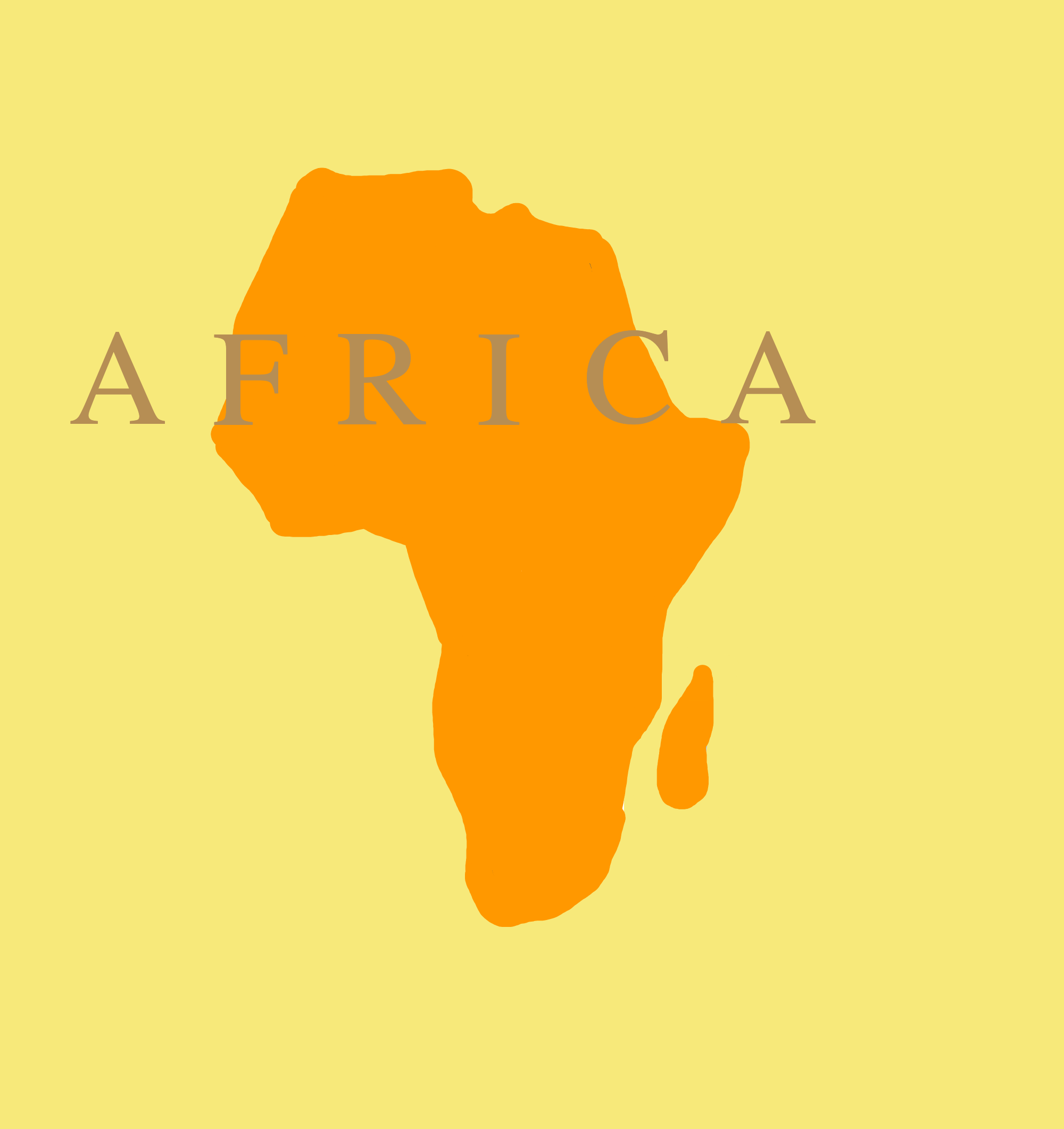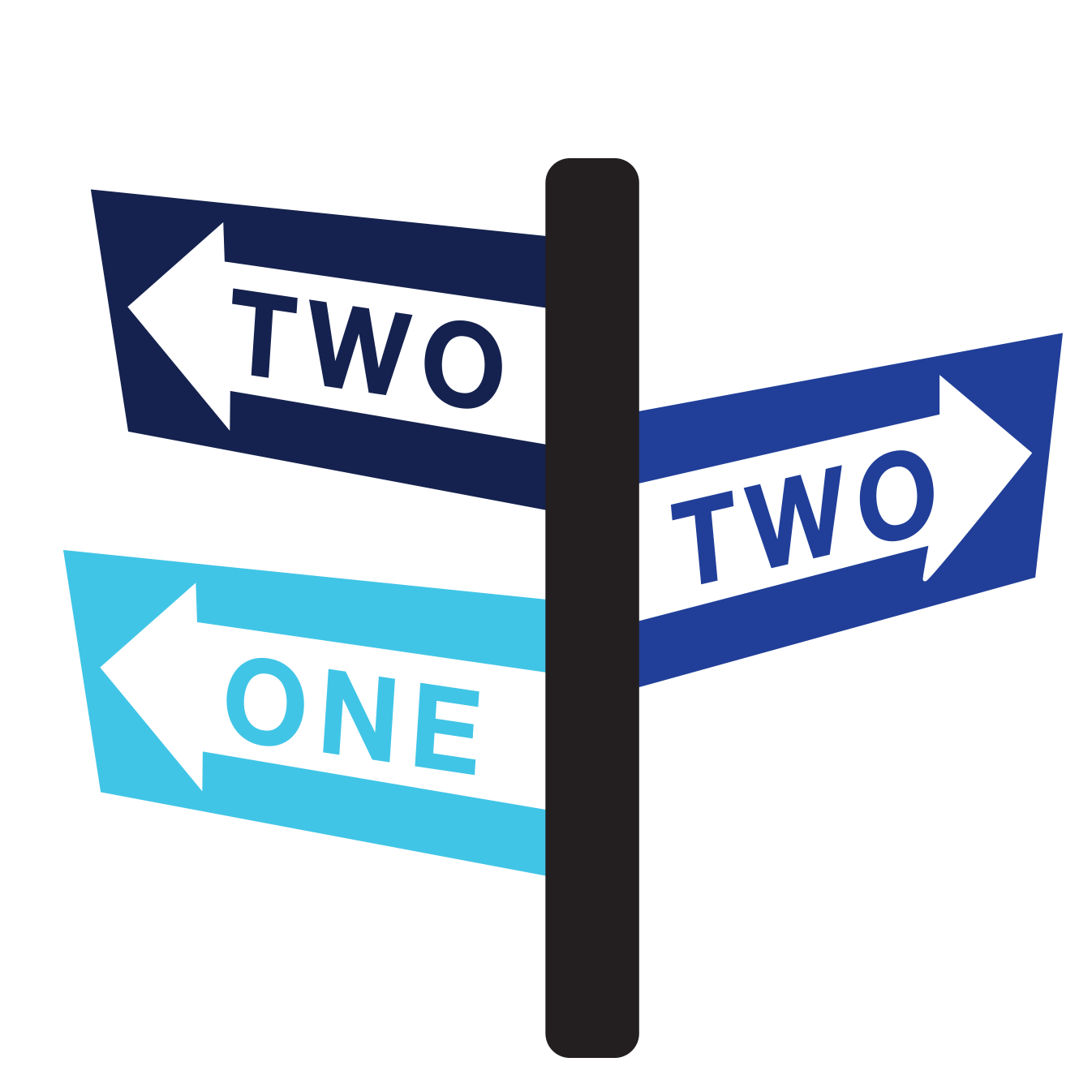Globalization as a Continuation of Colonization

In the 21st century, people from across the world are more connected than ever before imaginable. People are able to share unique aspects of their cultures, whether it be clothing, food, tradition, or language. The internet has enabled people from the most remote parts of the world to speak with one another, but the connections do not end there. Economically, states around the world are not only interconnected, but interdependent, on one another under a system called
globalization. An official definition of globalization is “the development of an increasingly integrated global economy marked especially by free trade, free flow of capital, and the tapping of cheaper foreign labor markets,” but that is limited (Merriam-Webster). In reality, globalization is the new, more-acceptable term for the exploitation of human labor and natural resources on an international scale. Structurally, globalization is a continuation of the previous systems of exploitation of slavery and colonization but with a nicer connotation.
After the United States Civil War in 1865, the act of slavery was made illegal and the exchange of human beings through the transatlantic slave trade ceased. This decision did not end economic interest in Africa as the slave owners no longer had a source of revenue and had to find a more acceptable and legal way to make money. Seven western countries –– Germany, France, the United Kingdom, Italy, Belgium, Spain, and Portugal –– met in 1885 at the Berlin Conference where they sectioned and sliced Africa like a pie and took pieces for themselves. This event is known as the “Scramble for Africa.” The entirety of the African continent, except
for Liberia and Ethiopia, was colonized as a result of this conference where not a single African person was present. This was done under the auspices of spreading civilization and religion, specifically Christianity, to the African people. In actuality, it was a way for western powers to continue exploiting human labor outside of their home states.
At the time, colonization was supposed to be a nicer, more acceptable alternative to slavery, but colonial powers were driven entirely by greed and brutality in their methods of accumulating wealth. Colonial powers were well-known for their extreme acts of violence. British soldiers would play soccer, or football, with the cut-off heads of colonized people. The Belgians manufactured an ethnic divide between Hutus and Tutsis in Rwanda that eventually culminated in the Rwandan Genocide in 1994. Even worse was Belgian involvement in The Congo, where in the span of 40 years, more than 10 million Congolese died at the hands of the Belgians all for the conquest of a natural resource: rubber. As bicycles and cars became more prevalent and accessible, the demand for rubber was higher than ever before and the Belgians would stop at nothing to be sure there was an adequate supply. This included extreme measures such as mutilation, torture, kidnapping of wives and children, starvation, and rape which eventually culminated in death. Under the orders of King Leopold II, Belgian soldiers would cut off the hands of dead Congolese civilians to prove that their bullets were not wasted on a person who was still alive (BBC Storyville).
While the Belgian rule in the Congo is one particularly atrocious case of human rights violations, this type of systemic, widespread violence was extremely common between the colonizers and the colonized. In 1949, the UN urged member states to end colonization because it was seen as barbaric and inhumane, much like the ideological shift toward slavery that happened nearly a century prior. The end of the 1950s started the African Independence movement, which took full force in the 1960s. This is when many African colonies gained independence from their former colonizers which gave the opportunity for globalization to spread within the continent, continuing the legacy of slavery and colonization all at the behest of the Global North and the western world. Rather than placing soldiers or civil servants from colonizing countries into Africa, the former colonial powers strategically crafted an economic system that would permanently stunt and limit the growth of the newly independent African countries. This economic system, globalization, was simply the former systems of slavery and colonization repackaged.
Globalization was, and is, about market forces, capitalism, and the exploitation of human beings by human beings. While there is an extreme emphasis on the “free” market, western powers consistently shaped economic policy to fit their best interests. During the 1970s and 1980s, Western European states and the United States of America attempted to spread neoliberalism and the ten key tenets of the Washington Consensus. Most of these tenets –– such as the privatization of public services, the deregulation of business and finance, and the enforcement of property rights –– were in direct opposition with the communist beliefs that the
Soviet Union was attempting to spread to combat capitalism (Sparke). Throughout the duration of the Cold War, globalization and the spread of capitalism was limited by the USSR but this came to an end on November 9, 1989 with the fall of the Berlin Wall.
Two economic institutions –– the International Monetary Fund (IMF) and the World Bank –– made sure globalization and the ten key tenets of neoliberalism would spread around the world. In 1994, the World Trade Organization (WTO) was formed as part of these two economic institutions. The lack of pushback from the USSR meant that the IMF and World Bank could force states to implement neoliberal policies if they wanted to join the WTO. Membership into the WTO is crucial, as it is the doorway to participating in international trade. Moreover, the
IMF and World Bank prioritized product-led development rather than manufacture-led development. This means that states entering the international trade scene were incentivized to centralize their economy around one or more commodities –– such as cotton, rubber, oil, or precious minerals and metals such as gold, diamonds, tungsten, and tin –– which severely stunts an economy, particularly a new economy. This form of development leads to a trap where developing countries’ economies are dependent on trade and foreign investment rather than domestic manufacturing. Thus, states in this position can grow their economies only as much as western economic superpowers allow it. It is under this system that developing countries go into massive debt to try and participate in global trade, which is another way these economic institutions purposely stifle their economies. If a government is preoccupied with paying off their debt, paying for infrastructure and social security programs will not be an urgent priority.
Another extremely nefarious methodology of neocolonial control, globalization, in
developing countries is the mechanism for monitoring and controlling foreign currencies within the IMF. To be a member of the IMF, World Bank, and WTO, a state must agree to “peg” its currency on the United States dollar, the European euro, or the British pound sterling. Prior to this system, currency value was based on the gold standard. States were required to have the same amount of gold in their central reserve as they did money in circulation. However, as states such as Ethiopia or Ghana started finding massive gold mines, the strength of the dollar, the euro, and the pound were in jeopardy. In 1971, the United States abandoned the gold standard with the express purpose of ensuring that foreign currencies could not supersede the United States dollar. After the United States abandoned the gold standard, many other western nations followed suit, including the United Kingdom, France, Germany, and Italy. This means that powerful currencies are no longer based on tangible, material wealth. Instead, the United States dollar, for example, is powerful simply because the United States is the largest economic and
military superpower on the planet.
The conquest for cheap labor and materials is not less brutal now in the 21st century in comparison to the practices in colonies, such as the Congo. In the modern age, corporations assume the role of colonial powers. Instead of exploiting land to make a royal family rich, the benefactors are CEOs and corrupt politicians. The Democratic Republic of Congo is consistently pillaged for its resources. Rubber is not the number one moneymaker anymore. That goes to a mineral known as coltan which is used in computer chips in electronics such as phones, tablets, and laptops. Technology keeps advancing, but the systems of production stay in the exploitative past. Slavery, colonialism, and globalization are all methods of exploitation of human beings by human beings for the purpose of making a profit. This is capitalism. German philosopher Karl Marx explained in his theory of the evolution of societies and economic systems that there are five stages of growth. The first is primitive, which was a system of bartering goods and services
between members of communities. The second is feudal, which was the economic relationship between nobility and peasants. The third is slavery. The fourth is capitalism. The last and, in the opinion of Marx, most ideal and equal system of society and economy is communism. Marx accurately highlighted that a system of political inequality will always culminate in a system of economic inequality. His solution to this was communism. Regardless of whether or not communism is the answer to the problem of global inequality and exploitation, the systems in place to perpetuate capitalism are not working and something must be changed.
Works Cited
Congo: White King, Red Rubber, Black Death. Directed by Peter Bate. BBC Storyville, 2003.
Künzler, Daniel, and Patrick Ziltener. “Impacts of Colonialism – A Research Survey.”American Sociological Association, vol. 19, no. 2, 2013, pp. 290-311.
Mikander, Pia. “Globalization as Continuing Colonialism? Critical Global Citizenship Education in an Unequal World.” University of Helsinki, June 2016.
Sparke, Matthew. “Introducing Globalization: Ties, Tensions, and Uneven Integration.” Wiley-Blackwell, 2013, pp. 1-22.

